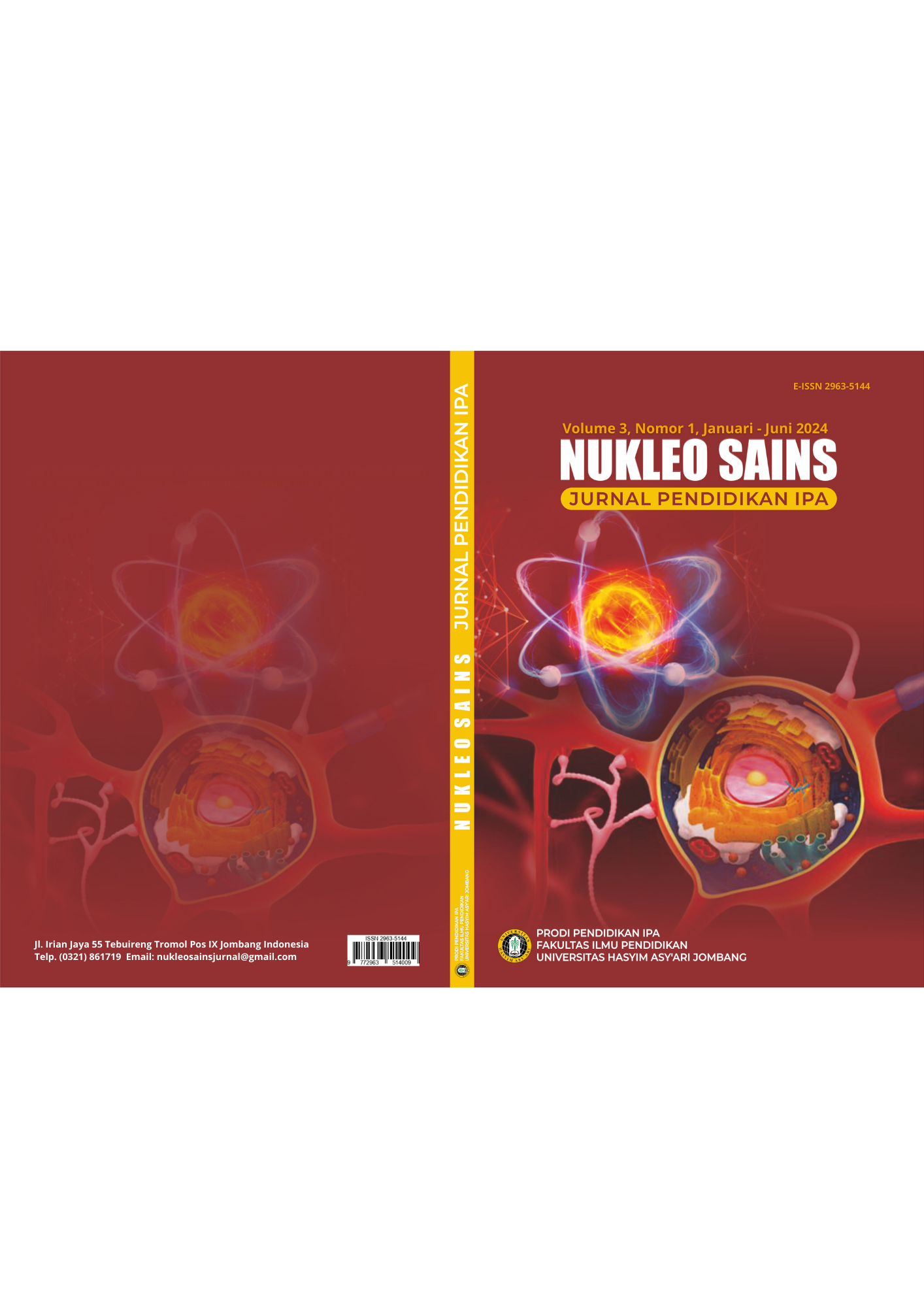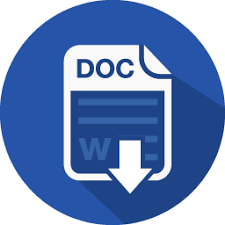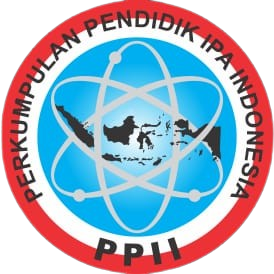DEVELOPMENT OF QUIZIZZ-BASED PROBLEMS OF LIFE ORGANIZATION SYSTEM MATERIALS FOR CLASS VII JUNIOR HIGH SCHOOL STUDENTS
DOI:
https://doi.org/10.33752/ns.v3i1.4674Abstract
In the 21st century teachers face big challenges on how to implement technological developments into the learning process, so that students become more competent and able to compete according to the times. Assessment in the teaching and learning process is a process for making decisions based on information obtained from measuring learning outcomes. One of the online-based assessments is Quizizz. The purpose of this research is to describe the process of developing material problems on life organizational systems using the quizizz application and to describe the product developed after the process of theoretical and empirical validity. This research uses the ADDIE development model which stands for Analyze, Design, Development, Implementation, and Evaluation. After that, the questions based on quizzes that had been developed were tested for theoretical and empirical validity. Based on the theoretical analysis conducted by expert validators, an average score of 94.64% was obtained with very good criteria. The results of the empirical validity analysis showed that out of 20 items there were 7 valid questions and 13 invalid questions, the reliability value was 0.583 with moderate criteria, discriminating power with an average of 0.343, moderate difficulty level, and good deception function.
Downloads
References
Anshori, S. (n.d.). “Civic-Culture: Jurnal Ilmu Pendidikan PKn dan Sosial Budaya” Pemanfaatan Teknologi Informasi Dan Komunikasi Sebagai Media Pembelajaran.
Bury, B. (n.d.). Testing Goes Mobile-Web 2.0 Formative Assessment Tools.
Ediyanto, E. (2016). Siklus pra pembelajaran model penilaian formatif web based pada pembelajaran fisika materi suhu dan kalor untuk siswa SMK. Jurnal Pendidikan Fisika Indonesia, 12(2), 126–136. https://doi.org/10.15294/jpfi.v12i2.5906
Downloads
Published
Issue
Section
License
Copyright (c) 2024 Dwi Sri Handayani, Noer Af’idah

This work is licensed under a Creative Commons Attribution 4.0 International License.












